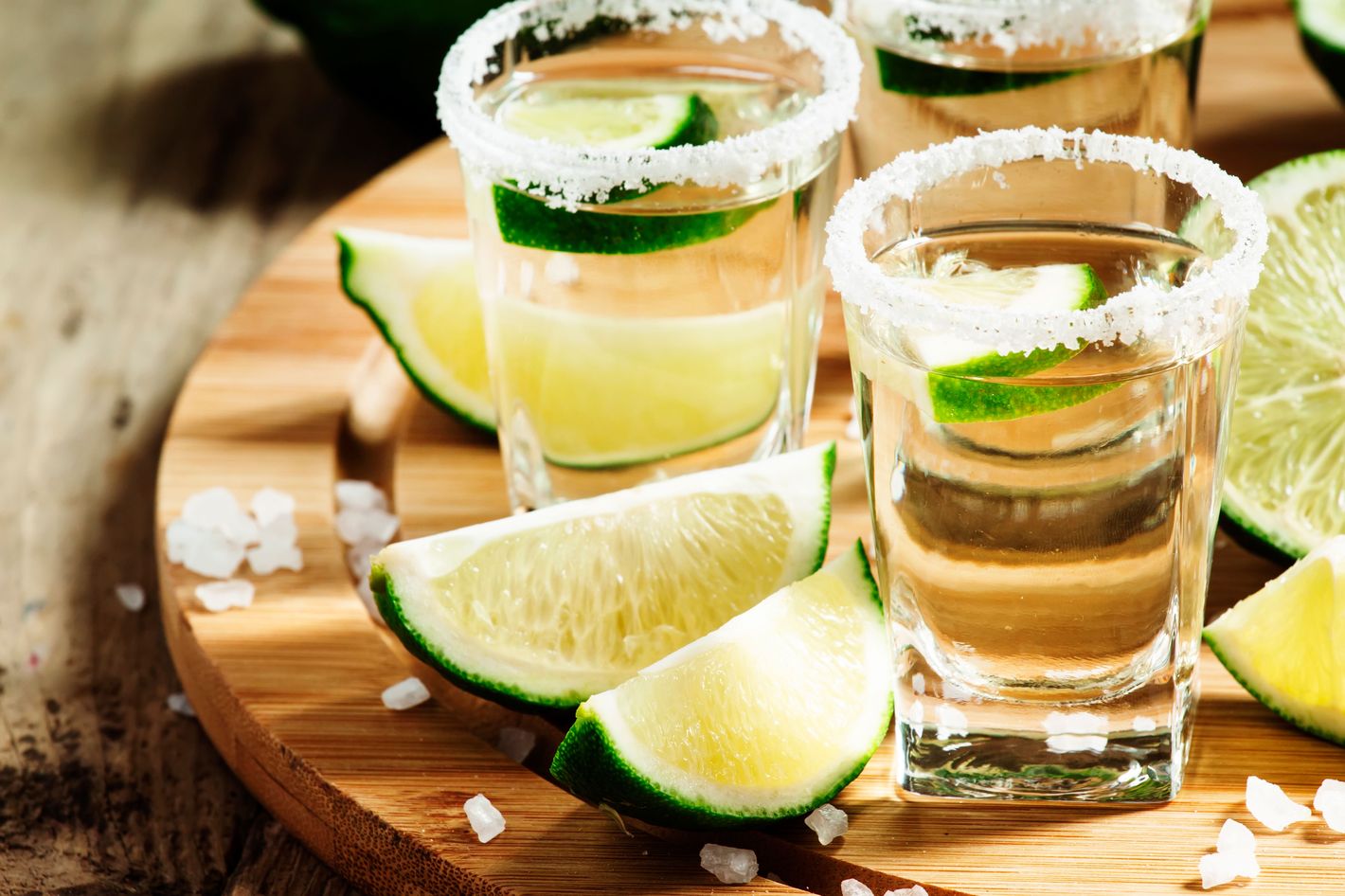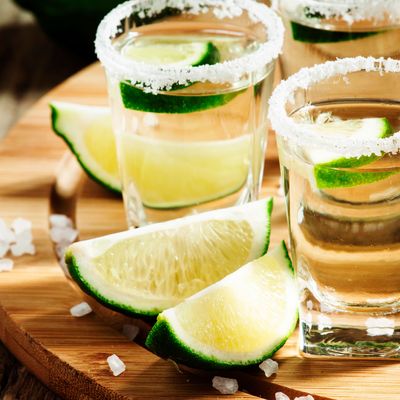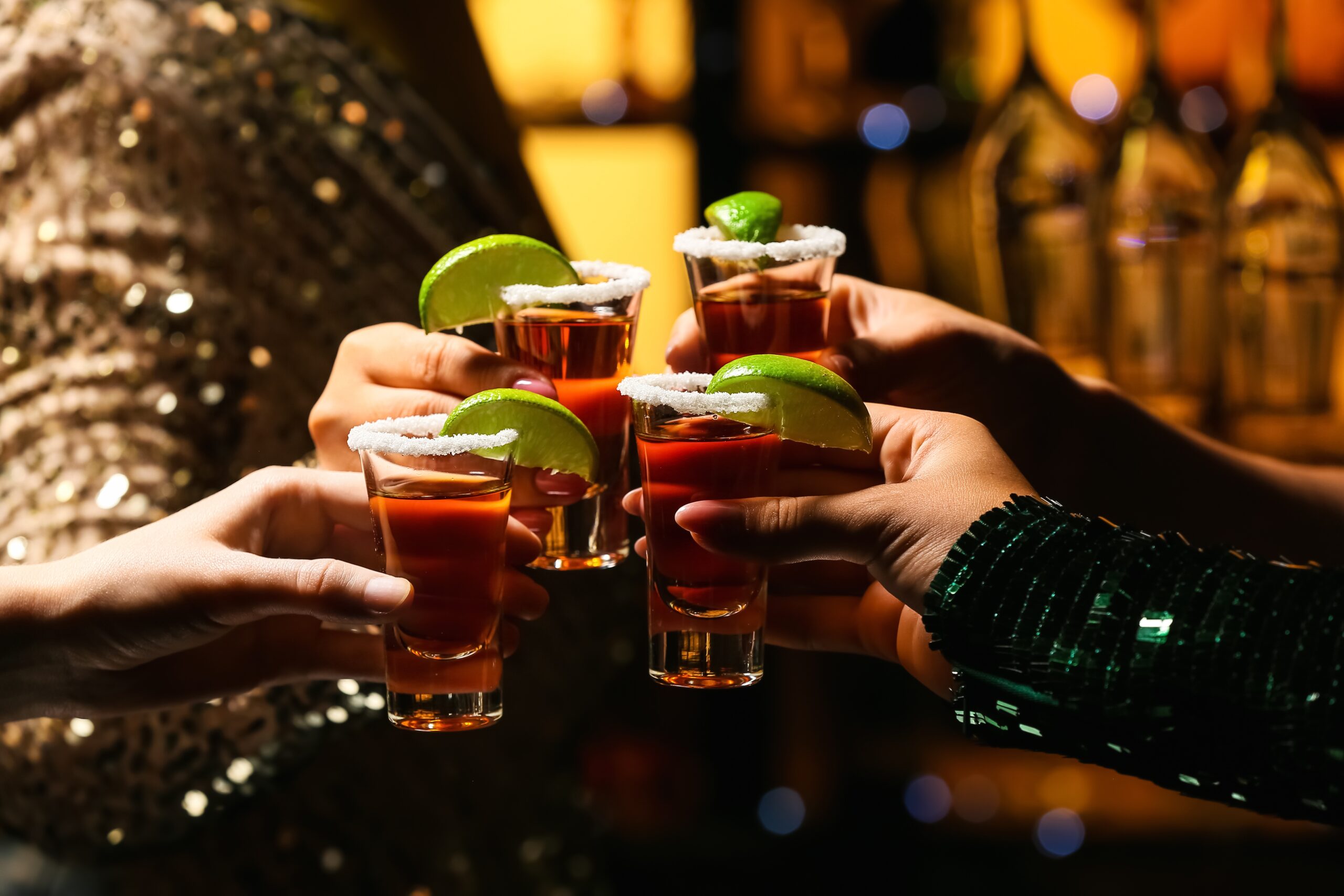Understanding Tequila And Its Effects

Tequila is a widely consumed alcoholic beverage that is known for its distinctive taste and effects on the body and mind. While often associated with feelings of excitement and energy, it is important to understand that tequila is classified as a depressant, just like other types of alcohol. The myth of tequila being an upper stems from the temporary increase in dopamine levels that alcohol can cause. However, it is important to note that the overall effect of tequila on the body is one of relaxation and sedation.
What Is Tequila And How It Is Made?
Tequila is a distilled alcoholic beverage that is primarily made from the blue agave plant, which is native to Mexico. The process of making tequila begins with harvesting the agave plants and removing their leaves to reveal the heart, or piña. These piñas are then roasted or steamed to convert the starches into fermentable sugars. After fermentation, the liquid is distilled to remove impurities and increase alcohol content. The final product is aged in barrels to develop its distinct flavors. The production of tequila follows strict regulations to ensure its authenticity and quality. Overall, tequila production is a meticulous and time-consuming process that results in a unique and beloved spirit.
How Does Tequila Affect The Body And Mind?
Tequila, like any alcoholic beverage, affects the body and mind in various ways. When consumed, tequila enters the bloodstream and travels to the brain, where it impacts the central nervous system. The alcohol in tequila acts as a depressant, slowing down brain activity and causing relaxation and decreased inhibitions. It can also impair coordination, judgment, and memory. Additionally, excessive consumption of tequila can lead to dehydration, hangovers, and long-term health issues. The effects of tequila on individuals can vary based on factors such as their tolerance, quantity consumed, and overall health.
Debunking The Myth Of Tequila As An Upper

Despite popular belief, Tequila is not an upper. It is a common misconception that tequila has stimulant properties and can enhance mood and energy levels. However, scientific evidence proves otherwise. Tequila, like any other alcoholic beverage, is a depressant that slows down brain activity and induces relaxation. The notion of tequila as an upper stems from cultural anecdotes and personal experiences, rather than scientific facts. It is important to separate myth from reality and understand the true effects of tequila on the body and mind.
The Misconception Of Tequila Being An Upper
Tequila being perceived as an upper is a common misconception rooted in cultural anecdotes and personal experiences. Many people believe that tequila has stimulant properties that can enhance mood and increase energy levels. However, scientific evidence indicates that tequila is actually a depressant that slows down brain activity and induces relaxation. The myth of tequila as an upper has been perpetuated over time, leading to a widespread misunderstanding of its effects. It is crucial to separate myth from reality and recognize that tequila, like any other alcoholic beverage, is a depressant rather than an upper.
Exploring The Truth Behind Tequila’s Effects On Mood And Energy
Despite the common belief that tequila is an upper, scientific evidence suggests otherwise. Tequila is classified as a depressant, meaning it slows down brain activity and induces relaxation. While individuals may experience a temporary boost in mood and energy, this is likely due to the overall effects of alcohol rather than any specific properties of tequila. It is important to note that excessive consumption can lead to negative effects on mood and energy, such as impaired judgment and fatigue. Therefore, it is crucial to consume tequila and any other alcoholic beverage in moderation for a balanced and enjoyable experience.
Types Of Tequila And Alcohol Content

Tequila comes in various types, each with its own distinct characteristics and alcohol content. The types of tequila include blanco (silver), reposado (rested), and añejo (aged). Blanco tequila is typically unaged and has a crisp, vibrant flavor profile. Reposado tequila is aged for at least two months, giving it a smoother and more complex taste. Añejo tequila is aged for at least one year, resulting in a rich and smooth flavor. The alcohol content of tequila varies, but it typically ranges from 35% to 55%, with higher alcohol content in the case of “extra añejo” tequila.
Different Types Of Tequila And Their Alcohol Content
Tequila comes in various types, each with its own distinct characteristics and alcohol content. The most common types of tequila are blanco (silver), reposado (rested), and añejo (aged). Blanco tequila is typically unaged and has a crisp, vibrant flavor profile. Reposado tequila is aged for at least two months, giving it a smoother and more complex taste. Añejo tequila is aged for at least one year, resulting in a rich and smooth flavor. The alcohol content of tequila varies, but it typically ranges from 35% to 55%, with higher alcohol content in the case of “extra añejo” tequila.
How Tequila’s Alcohol Content Influences Its Impact On The Body
Tequila’s alcohol content plays a significant role in determining its impact on the body. The alcohol content of tequila typically ranges from 35% to 55%, with higher levels in the case of “extra añejo” tequila. When consumed, alcohol is quickly absorbed into the bloodstream and affects the central nervous system. The higher alcohol content in tequila can lead to a stronger and more immediate effect on the body, including feelings of relaxation, reduced inhibitions, and impaired coordination. It is important to consume tequila responsibly and be aware of its alcohol content to stay within safe limits.
Tequila Vs. Other Alcoholic Beverages

When comparing Tequila to other alcoholic beverages, it’s important to consider their differences in terms of flavor profiles, production methods, and alcohol content. Tequila is distinctively made from the blue agave plant, giving it a unique taste that sets it apart from other spirits like whiskey or vodka. Additionally, Tequila typically has a higher alcohol content, ranging from 35% to 55%, compared to most other liquors. These differences in production and alcohol content can contribute to variations in the way they affect mood, energy levels, and overall drinking experience.
Contrasting Effects Of Tequila With Other Spirits
Tequila stands apart from other spirits due to its distinct flavor profile and production method. Compared to spirits like whiskey or vodka, Tequila offers a unique taste derived from the blue agave plant. Additionally, Tequila generally has a higher alcohol content, ranging from 35% to 55%. These differences in flavor and alcohol content can contribute to varying effects on mood and energy levels. While Tequila is classified as a depressant like other alcoholic beverages, its specific characteristics may elicit different experiences and reactions compared to other spirits.
Understanding The Similarities And Differences In How Various Alcoholic Beverages Affect Mood And Energy Levels
Various alcoholic beverages can have different effects on mood and energy levels, but they also share some similarities. One common similarity is that alcohol, regardless of the type of beverage, is a depressant that slows down the central nervous system, leading to relaxation and reduced inhibitions. However, the specific effects on mood and energy can vary depending on the individual and other factors such as alcohol content, carbonation, and added ingredients. For example, spirits like vodka and whiskey may be associated with a more relaxed and mellow mood, while tequila, with its unique flavor profile and higher alcohol content, may potentially foster a livelier and energetic atmosphere. It’s important to remember that these effects can differ from person to person and should always be consumed responsibly.
Facts And Myths About Tequila

Tequila, like any other alcoholic beverage, has its fair share of facts and myths. One common myth is that tequila is an upper, providing a boost of energy and a lively mood. However, scientific evidence shows that tequila, like all alcohol, is actually a depressant that slows down the central nervous system. Another common myth is that tequila is more likely to cause hangovers compared to other spirits. The truth is that the occurrence of hangovers is more dependent on the amount of alcohol consumed and individual factors rather than the specific type of alcohol.
Common Myths About Tequila Debunked With Scientific Evidence
Tequila has long been shrouded in myths and misconceptions, particularly when it comes to its effects on mood and energy levels. One common myth is that tequila is an upper, providing a boost of energy and a lively mood. However, scientific evidence shows that tequila, like all alcohol, is actually a depressant that slows down the central nervous system. This debunking is supported by studies that demonstrate the sedating effects of tequila on brain activity. So, while tequila may contribute to a celebratory atmosphere, it is important to remember that its effects are not uplifting or stimulating in nature.
Unveiling The Truth Behind Tequila’s Reputation And Effects On The Body
Tequila’s reputation as an upper may be enticing, but the truth is that it is a depressant like any other alcoholic beverage. Despite its origins from sugar, the distillation process results in a low sugar content. While tequila may provide a temporary high, it is actually the dopamine drop from alcohol consumption that contributes to this feeling. Scientific evidence supports the fact that tequila slows down the central nervous system and has sedating effects on the brain. So next time you enjoy a tequila shot, remember that it may not be the upper you believed it to be.
Conclusion

In conclusion, while tequila may have a reputation as an upper, the truth is that it is a depressant like any other alcoholic beverage. Despite the belief that tequila provides a temporary high, it is actually the dopamine drop from alcohol consumption that contributes to this feeling. Scientific evidence debunks the myths and misconceptions surrounding tequila as an upper. It is important to consume tequila and any alcoholic beverage responsibly and in moderation to avoid any negative effects on the body and mind. The key is always to prioritize personal health and well-being.
Comparison Of Myths And Facts About Tequila As An Upper
There are several myths and misconceptions surrounding tequila’s classification as an upper. Let’s compare these with the actual facts:
Myth: Tequila is an upper and provides a temporary high.
Fact: Tequila is a depressant like any other alcoholic beverage, which means it has a sedating effect on the body and slows down the central nervous system.
Myth: Tequila contains stimulants that boost energy levels.
Fact: Tequila does not contain any stimulants. Its effects on mood and energy levels are due to alcohol’s impact on dopamine levels in the brain.
Myth: Different types of tequila have varying effects on energy levels.
Fact: All types of tequila, whether blanco, reposado, or añejo, have similar depressant effects on the body. The higher alcohol content in aged tequilas may intensify these effects.
By understanding the true nature of tequila and dispelling these myths, individuals can make informed choices about their alcohol consumption.
FAQ About Tequila Being An Upper: Debunking The Myth
Q: Is Tequila considered an upper?
A: No, Tequila is not an upper. Contrary to popular belief, Tequila is not classified as a stimulant.
Q: Does Tequila have a different effect compared to other types of alcohol?
A: Tequila is a type of alcohol like any other, and its effects on the body are similar to those of other spirits, beer, or wine. It contains ethanol, which is a depressant.
Q: Why do some people think Tequila is an upper?
A: The misconception that Tequila is an upper may arise from the energetic atmosphere often associated with Tequila consumption, such as party environments where people are more likely to be lively and social.
Q: What are the effects of drinking Tequila?
A: Consuming Tequila can lead to a variety of effects, including relaxation, lowered inhibitions, impaired judgment, and potential negative outcomes if consumed in excess. However, it is not classified as an upper drug.
Q: How should Tequila be consumed responsibly?
A: To enjoy Tequila responsibly, it is essential to moderate your intake, avoid excessive drinking, and be aware of your limits to prevent adverse effects on your well-being. Always drink responsibly and know when to stop.

Boise Co-op Wine Shop is the Treasure Valley’s ultimate destination for wine enthusiasts. With a focus on providing an exceptional selection of wines, our North End Wine Shop and robust wine departments cater to our valued customers’ diverse tastes and preferences. Founded to bring the finest wines to our community, Boise Co-op Wine Shop has established itself as the go-to source for quality and variety. Our commitment to offering an extensive range of wines ensures that every visitor can find the perfect bottle for any occasion, whether it’s a special celebration or a casual gathering.